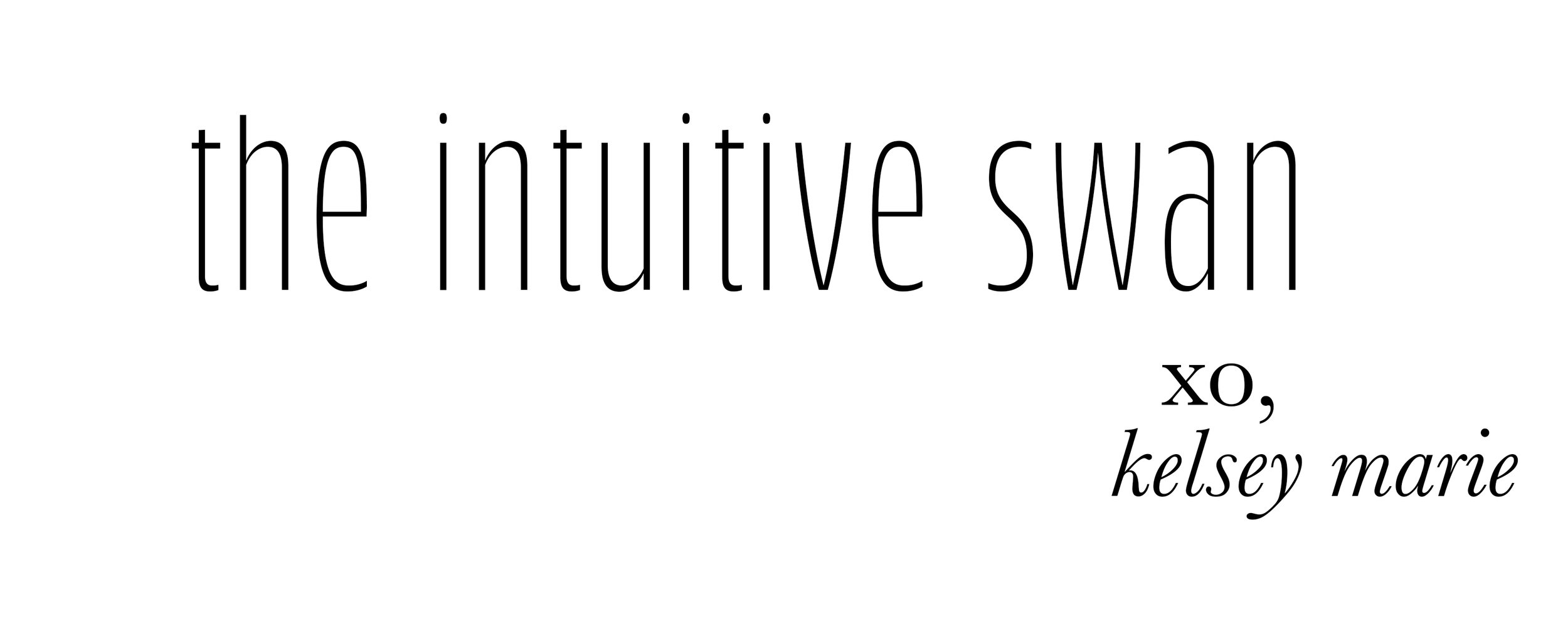why productivity no longer defines my worth
On an Instagram post a couple months ago, I touched upon the subject of worth, specifically how I define my own worth. I wrote it on a day when I had the energy to enjoy myself, to explore the city, to think and to write clearly – a day during which I felt like my usual, active, independent self. In contrast, the past couple of weeks have been a haze of insomnia, fatigue, brain fog, and side effects from new medications. I spent days drafting this blog post, only to keep closing my computer because I continuously struggled to articulate my thoughts and feelings. When fatigue makes it difficult to keep my eyes open and brain fog makes it arduous to describe my own thoughts, accomplishing simple, everyday tasks seems almost impossible.
Sure, everyone has an off day once in a while, but when a chronic illness forces you to spend months or years unable to go about normal activities, your perspective begins to change. Similar to a “herx reaction,” a period during which symptoms from Lyme disease get worse before they get better, my evaluation of my worth took a hit before it got better.
In the early days of being chronically ill, my thought process tended to go like this: If I’m not able to accomplish things, then I’m not productive. If I’m not productive, then I’m not a hard worker. If I’m not a hard worker, then I won’t be successful. If I’m not successful, then I’m a failure.
A society obsessed with being “busy” had shaped me to think that my worth, success and even happiness would only (or at least primarily) come from being productive – to do anything less than go-go-go would be a moral failing. Today, it pains me to admit that I indeed fell for this “everyday I’m hustlin’” mentality.
I measured my worth by my capacity to check off discernable accomplishments and new achievements and experiences. My motivation for being productive stemmed from our art-of-getting-things-done society that fosters the idea that a person is only valuable when they are productive.
And you know what, I’m done with this toxic mindset.
Just because I have limitations doesn’t mean I’m not valuable. Just because I’m chronically ill doesn’t mean I’m not successful. Just because my current full time job is to heal doesn’t mean I’m “lazy.”
And you know what? If I spend the whole day in bed watching Outlander, it’s because I have a good reason for doing so. If I only have the energy to make it to yoga class once in a while, so be it. If I only have the clarity to write a paragraph or two at a time – way to go! That’s better than not writing anything at all.
These simple activities – no, let’s call them accomplishments - take effort, and effort means I’m trying. And if I’m trying, then I’m doing the best I can.
You see, my self-worth is no longer based on the traditional notion of productivity because productivity itself won’t help me become the best and most successful version of myself. My self-worth now comes from a place of learning to be comfortable with my truths – everything from my intuition and talents to my obstacles and limitations.
It took courage to become comfortable with the truth that being chronically ill has imposed certain limitations on my life. It took wisdom to admit that if I wanted to be any version of successful, I needed to commit to creating a lifestyle that prioritizes diet, sleep, and stress reduction over everything else. It took strength to ask others for support throughout my journey to wellness.
While wellness and rest have shifted into my top priorities, my former work ethic and ambition remain the same. However, instead of shamelessly going through the motions of all things that used to keep me busy, I now make a conscious decision to direct my time and energy towards activities that brings value and meaning to my life - something I like to call mindful productivity.
Taking a moment of self-reflection to acknowledge the motivation for our productivity can help us understand whether our actions are a means to an end or the end itself. Am I being productive to be perceived by others as valuable or am I being productive because these activities speak to my soul? Would I still fear not being productive if it means I’m staying true to a health motivation (e.g. healing from late-stage Lyme)?
When we make mindful decisions based on the needs of our body, mind, and spirit, they become individual accomplishments. While I’m no longer as visibly productive as I once was, my actions (or lack thereof) simply mean that I’m creating my own version of successful – a version that knows I’m doing the best I can.
What defines your version of success? Leave a comment below!

